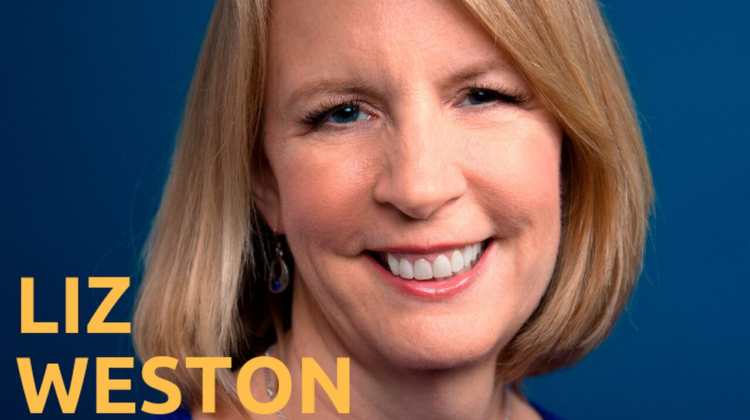
Dear Liz: The state where I live, Oregon, has removed the tax deduction for 529 college savings accounts. This was quite disturbing to discover upon getting my taxes done this year. Other than the obvious savings benefit, are these accounts still worth having? Fortunately our son is almost done with college, so it won’t affect us much, but I am thinking of my two granddaughters.
Answer: Although there’s no federal tax deduction for 529 contributions, most states offer some kind of tax break or other incentive to contribute to their college savings plans. Oregon now offers a tax credit capped at $150 for single filers or $300 for married couples that doesn’t benefit higher earners as much as the previous deduction.
(Some states have no income tax and thus no deductions for 529s, while a few — California, Delaware, Hawaii, Kentucky, Maine, New Jersey and North Carolina — have a state income tax but no 529 tax break.)
College savings plans still allow your money to grow tax-deferred and to be used tax-free for your children’s education. That can be a big benefit for higher-income families, especially when they have young children. (The longer the money has to grow, the bigger the potential tax advantage.)
Grandparents may have additional reasons to contribute. Starting this year, money in a grandparent-owned 529 is completely ignored by federal financial aid formulas. (Although money in a parent-owned 529 has always received favorable financial aid treatment, distributions from a grandparent-owned 529 in the past were heavily penalized.)
So yes, 529 plans are still worthwhile for higher earners — and you’re not limited to your own state’s plan. If you’re not getting a tax incentive to stay home, you have many great options. Morningstar annually updates its list of the best 529 plans and last year singled out Illinois’ Bright Start College Savings, Michigan’s Education Savings Program and Utah’s My529 for top honors.
Dear Liz: It would appear you have been taken in by a scam. In a recent column, you state a free credit report may be obtained through www.annualcreditreport.com. I went to the site and filled out the information requested. Instead of receiving a credit report, it signed me up for a paid membership. I was able to cancel it but I did not receive any credit report.
Answer: AnnualCreditReport.com, which has provided free credit reports since 2005, is not a scam. Unfortunately, many people navigate to the wrong sites and wind up being pitched credit monitoring or similar products. If you’re being asked for a credit card, you’re not on the right site.
One problem is that people search for terms such as “free credit report,” “annual credit report” or even “AnnualCreditReport.com” and click on the first link that comes up, not realizing that many search engines top their results pages with paid advertisements. The actual site, annualcreditreport.com, could be halfway down the page. The better way to access the site is to either click on a trusted link, such as the one provided here, or type the full URL into the address bar of your browser.
Dear Liz: I read your useful summary of the advantages of Roth IRAs. I recently retired and decided to open a Roth (I know, pretty late) alongside my traditional IRA. I have an investment manager who will hopefully create some gains in that account. One thing that I learned is that I must wait five years before I can begin withdrawing earnings from the Roth tax-free. For this reason, it might be helpful to encourage readers to open a Roth IRA early, with at least a small contribution, to get the clock ticking toward that five-year deadline.
Liz Weston, Certified Financial Planner, is a personal finance columnist for NerdWallet. Questions may be sent to her at 3940 Laurel Canyon, No. 238, Studio City, CA 91604, or by using the “Contact” form at asklizweston.com.
